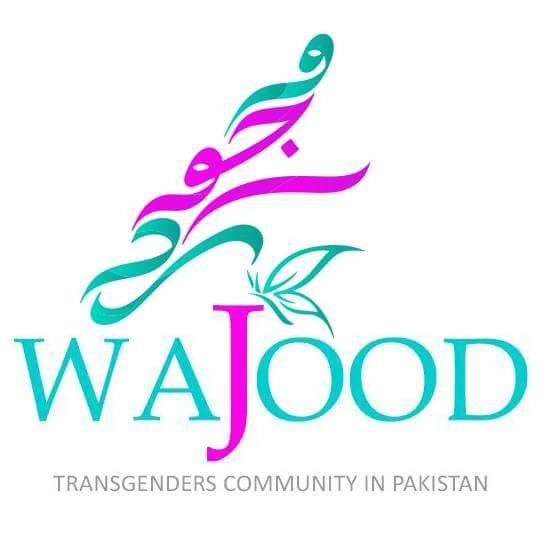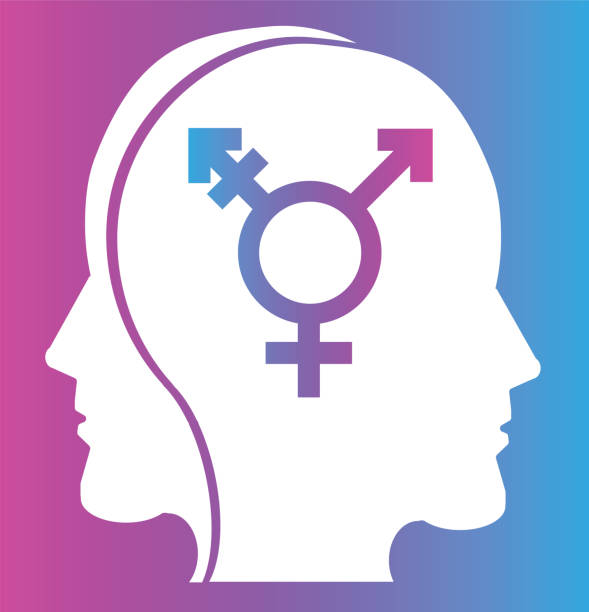Transgender Education in Pakistan: Challenges and Opportunities
Transgender education in Pakistan faces significant challenges, largely due to societal stigma, discrimination, and a lack of inclusive policies within the education system. Transgender individuals often encounter bullying, exclusion, and limited access to educational resources, making it difficult to pursue academic goals.
Economic constraints and family rejection further exacerbate the barriers to education. However, efforts are being made to address these issues through the Transgender Protection Act, which promotes educational rights, and various NGOs that offer support. With increasing advocacy for inclusive curriculums, teacher training, and scholarships, there is hope for a more equitable education system for transgender people in Pakistan.
Barriers to Accessing Education for Transgender People
Transgender individuals in Pakistan face several barriers that hinder their ability to access education, leading to exclusion and limited opportunities for academic and personal growth.
1. Discrimination and Stigma in Educational Institutions
- Bullying and harassment: Transgender students often experience bullying, harassment, and verbal abuse from peers, teachers, and even staff members.
- Social exclusion: Transgender individuals are frequently marginalized and excluded from social and academic activities, contributing to a sense of isolation.
- Prejudiced attitudes: Many educators and students hold negative stereotypes about transgender people, making it difficult for them to feel accepted in mainstream educational settings.
2. Lack of Inclusive Policies or Infrastructure
- Absence of gender-neutral facilities: Many schools lack gender-neutral bathrooms and changing rooms, making it uncomfortable or unsafe for transgender students.
- Unclear policies: There is often a lack of clear policies or guidelines in schools to accommodate transgender students, leaving them vulnerable to discrimination.
- Inadequate teacher training: Most teachers are not trained to understand the unique challenges faced by transgender students, leading to a lack of support.
3. Economic Challenges
- Financial instability: Many transgender individuals face economic hardships, which affect their ability to pay school fees or purchase necessary educational materials.
- Limited job opportunities: Due to societal discrimination, transgender people often struggle to find stable employment, further hindering their financial independence and access to education.

Mental Health and Psychological Impact of Exclusion in Education
The bullying and social exclusion faced by transgender students in educational settings can have severe mental health impacts, including anxiety, depression, and low self-esteem. Constant rejection and harassment from peers and teachers create an environment of fear and isolation, making it difficult for transgender individuals to thrive academically or socially.
The lack of acceptance and understanding can lead to a deep sense of alienation, hindering their overall well-being. Mental health support is crucial in these settings, as it provides a safe space for transgender students to cope with emotional challenges, build resilience, and ensure they have the necessary resources for mental and academic growth.
Role of Family and Society in Supporting Transgender Education
Family and societal attitudes play a critical role in the educational journey of transgender individuals. Support from both family members and the broader community is essential for overcoming barriers to education and achieving success.
1. Social and Familial Attitudes Towards Transgender Education
- Cultural stigma: In Pakistani society, transgender individuals often face significant stigma, with many families viewing education for transgender people as unnecessary or culturally inappropriate.
- Lack of awareness: Families may lack awareness about transgender rights or the importance of education for transgender children, leading to neglect or discouragement.
- Social pressure: The broader societal belief in rigid gender roles can influence families to reject or limit educational opportunities for transgender individuals, further perpetuating marginalization.
2. Challenges Faced by Transgender Individuals in Gaining Family Support for Education
- Rejection from family: Many transgender individuals face rejection from their families after coming out, making it difficult to gain emotional or financial support for education.
- Financial constraints: In cases where families do not accept their transgender children, economic support for education may be withheld, limiting access to schooling.
- Fear of discrimination: Families may fear the stigma that comes with sending a transgender child to school, especially in a society where transgender people are often marginalized.
- Emotional strain: The emotional toll of familial rejection can affect transgender students’ motivation and mental health, further complicating their educational aspirations.

Educational Initiatives and NGOs Promoting Transgender Education in Pakistan
Several organizations and initiatives in Pakistan are working to improve educational opportunities for transgender individuals, aiming to reduce barriers and create an inclusive learning environment.
1. Examples of Programs and NGOs Working for Transgender Education
- Khawaja Sira Society: This NGO focuses on providing educational support to transgender individuals, helping them access schooling and vocational training.
- Transgender Empowerment Program: Organizations like the Gender Interactive Alliance offer programs to support transgender students by providing scholarships, mentorship, and career guidance.
- Blue Veins: An NGO that works on transgender rights, including their access to education and vocational training, helping students navigate societal challenges.
2. Scholarships, Training Programs, and Workshops
- Scholarships for Transgender Students: Various organizations provide scholarships to transgender individuals, enabling them to attend educational institutions without financial burdens.
- Vocational and Skills Development Training: Programs like Education for All and Nai Roshni offer skill-building workshops in areas like tailoring, computer literacy, and entrepreneurship.
- Awareness Workshops: Workshops on human rights, gender inclusivity, and transgender issues are held to educate students, teachers, and the general public about the importance of education for transgender individuals.
Inclusive Curriculum and Teacher Training for Transgender Students
Creating an inclusive and supportive educational environment is crucial for the success of transgender students.
1. The Need for Gender-Sensitive Curriculum and Teacher Training
- Gender-neutral content: Schools must include gender-sensitive material that reflects the diversity of gender identities and experiences, breaking away from traditional gender stereotypes.
- Teacher training: Educators need specialized training on how to support transgender students, recognizing their unique challenges and creating a safe space for learning.
2. How Educational Institutions Can Foster an Inclusive Environment
- Supportive policies: Institutions can adopt anti-discrimination policies and provide gender-neutral facilities, such as bathrooms and changing rooms, to accommodate transgender students.
- Student and staff awareness: Schools should organize awareness campaigns and workshops for students and staff to foster respect and understanding of gender diversity.
Collaborations and International Efforts to Improve Transgender Education in Pakistan
International organizations play a vital role in improving transgender education in Pakistan by providing funding, resources, and expertise. These organizations, such as the United Nations Development Programme (UNDP) and USAID, work alongside local NGOs like Wajood Society to create educational opportunities for transgender individuals.
Wajood Society focuses on empowering the transgender community through education, offering scholarships and vocational training programs. Collaborative efforts between local and international entities can bridge the education gap by developing inclusive curricula, training educators, and advocating for policy reforms. These partnerships are crucial for ensuring transgender individuals have access to equal educational opportunities.
Conclusion
In conclusion, improving transgender education in Pakistan requires collective efforts from both local and international organizations. NGOs like Wajood Society play a critical role in empowering transgender individuals through education, vocational training, and advocacy. By collaborating with international partners, these initiatives can help create a more inclusive educational environment, providing transgender people with the tools to overcome societal barriers and achieve success.








